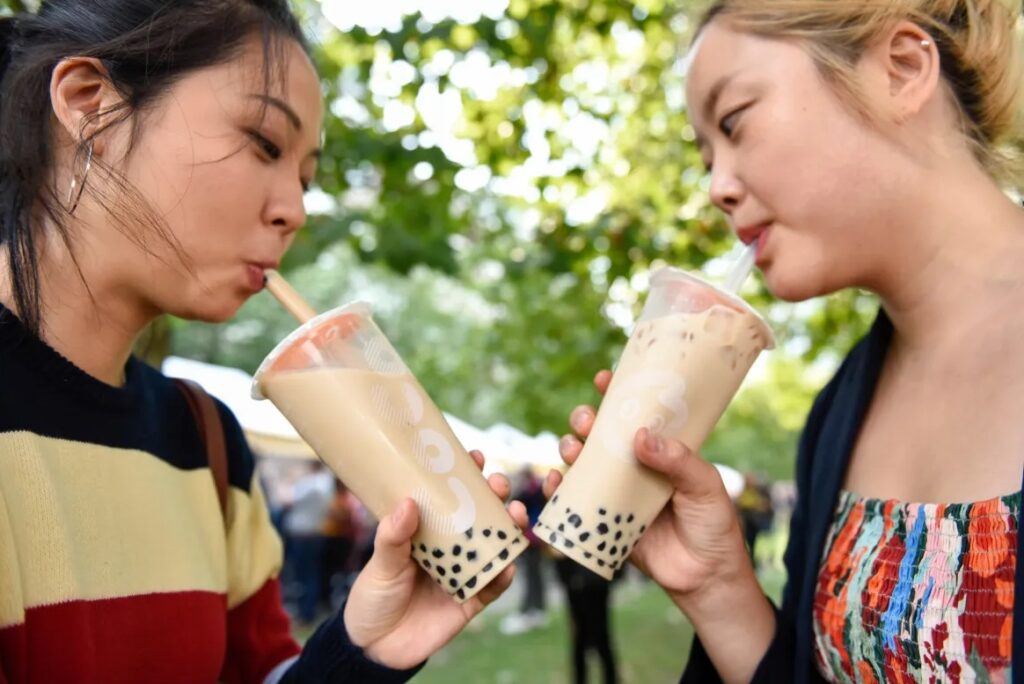16/01/2024
16/01/2024

NEW YORK, Jan 16: A recent study published in the Journal of Affective Disorders in November has raised concerns about the potential mental health risks associated with the consumption of milk tea. The research, conducted by teams from Tsinghua University and the Central University of Finance and Economics in Beijing, suggests that regular intake of milk tea may lead to symptoms of addiction, including cravings, dependency, the inability to stop, and feelings of guilt.
The study involved surveying 5,281 students in the Chinese capital, with nearly half of the participants reporting consuming at least one cup of milk tea per week. The researchers developed a milk tea addiction scale, based on the fifth edition of the Diagnostic and Statistical Manual of Mental Disorders (DSM-5), to measure the levels of addiction. Participants were also asked to report symptoms related to anxiety, depression, and suicidal ideation.
The findings revealed a significant association between a higher level of milk tea addiction and an increased risk of anxiety, depression, and suicidal thoughts among the surveyed students. The authors of the study suspect that the youth may be turning to milk tea as a coping mechanism or a way to regulate their emotions, likening the potential harm of milk tea addiction to that of addiction to social media or drugs.
The researchers emphasized the need for future studies with larger samples and extended tracking periods to better understand the long-term effects of milk tea consumption on mental health. They recommend further regulations to safeguard against potential physical and mental health issues linked to the popular beverage.
The study's findings come at a time when milk tea enjoys widespread popularity, prompting discussions about the need for increased awareness of its potential impact on mental well-being and the importance of responsible consumption.


